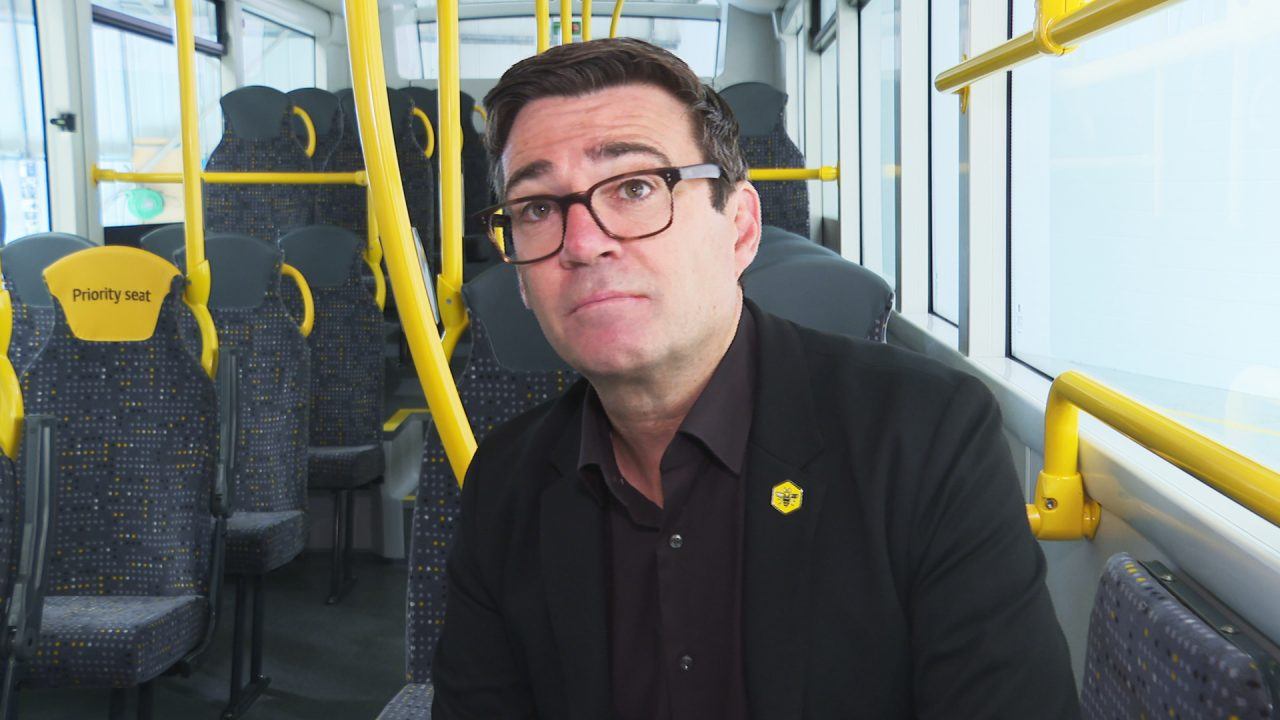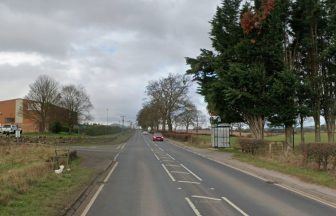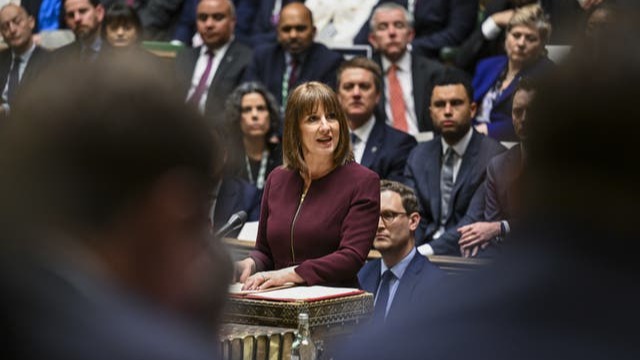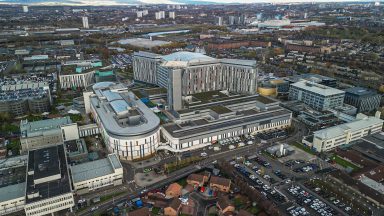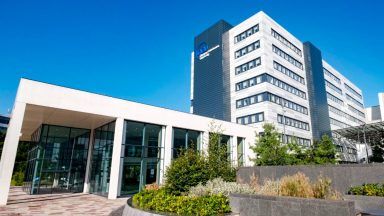The chief of McGill’s buses has said the mayor of Manchester “knows nothing about Glasgow” as he offered help to transform the city’s services.
Greater Manchester mayor Andy Burnham visited Larbert’s Alexander Dennis Bus depot on Wednesday where new zero-emission buses are being built for the city’s integrated public transport network, the Bee Network.
Buses for Liverpool’s Mersey Travel network will also go into production at the site later this year.
The same move is being considered for western Scotland after SPT (Strathclyde Partnership for Transport) voted in March to take bus services back under local control through a franchising model.
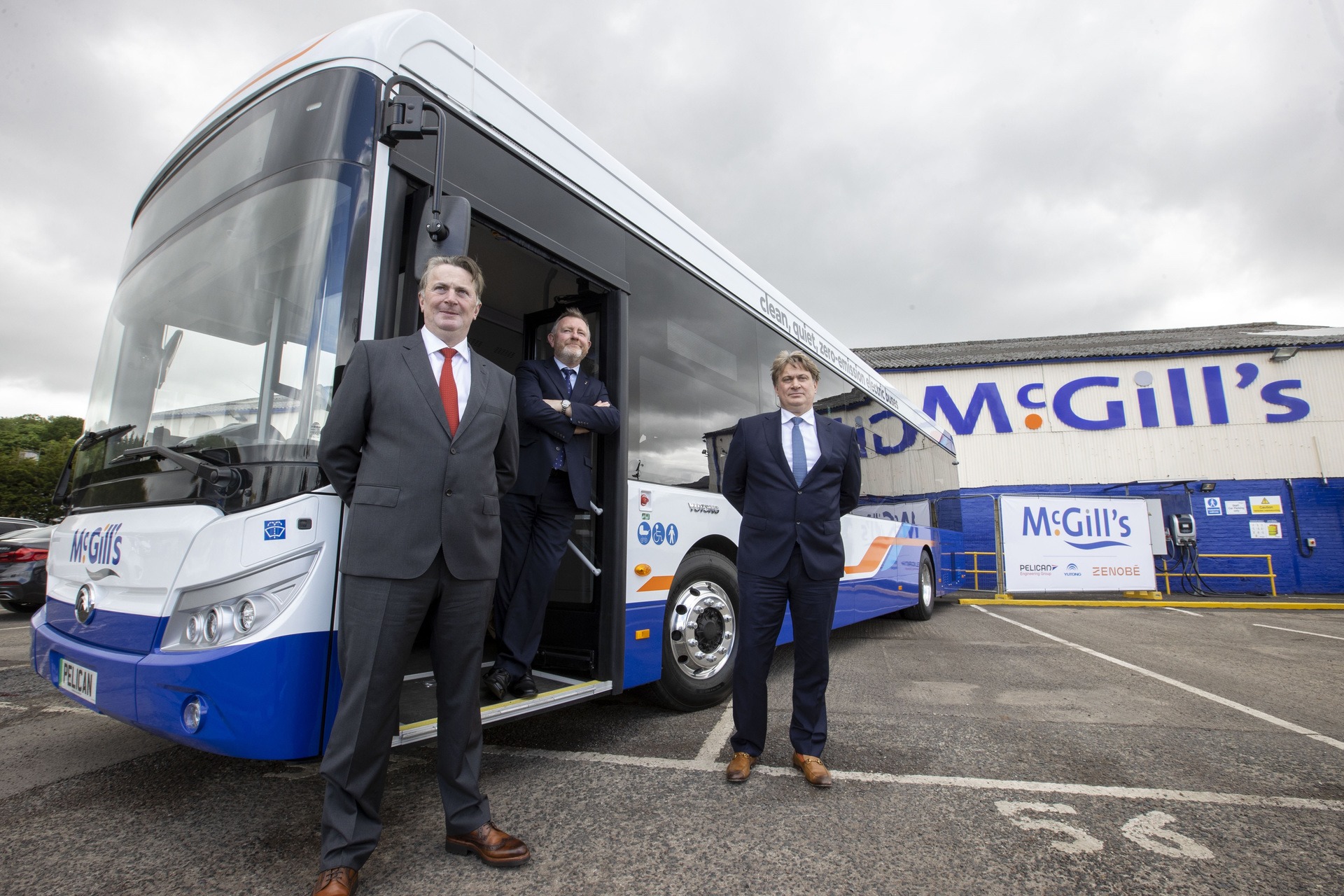 McGill's
McGill'sThe move would represent the biggest change to buses in Glasgow and the surrounding areas since they were deregulated by Margaret Thatcher in 1986.
It would dramatically change the way buses in Strathclyde work and would bring them more in line with the systems in London, Manchester and Edinburgh.
The transport body said the move could cost £15m and take up to seven years.
Speaking to STV News, Burnham said taking buses under public control is the “right thing to do” and even offered to “come and help”.
He said: “Scottish built buses are on our streets and the feedback from the public is brilliant.
“I noticed that Glasgow have taken an in-principal a decision to go down the same path, and my offer for people in Glasgow or anywhere in Scotland, is that we’ll come and help. It’s not boasting, but we’ve got the expertise, we’ve been through it.
“And not everything went completely to plan, we made mistakes. All of that learning, we’re willing to share with everybody as we are certain it’s the right thing to do.
“It’s a much better deal for the public when the public authorities decide which routes will be running, when the public authorities decide what the fares should be, when the public authorities decide, ‘no, we want electric buses on our streets, buses that have less noise, less pollution’, this just makes the whole public transport system better.”
Gordon Dickson, head of bus strategy and delivery at SPT, told STV News that transport bosses had “noted” the mayor’s comments.
“SPT works closely with other public transport authorities across the UK and internationally… so we’re always welcome to engage with other parties,” he said.
“It’s important to note that no final decision has been made. SPT has been consulting on a range of options for the future of our bus market. This includes – but is not limited to – franchising.”
However, McGill’s, the largest independent bus firm in Scotland, has reacted furiously to the franchising plans, claiming the standard of bus service delivery in Glasgow is already “a high bar”.
CEO Ralph Roberts, who previously claimed it would cost the taxpayer £400m a year, reacted to Burnham’s offer by saying the mayor “knows nothing about Glasgow” and said his company is ready to “fight” SPT on the franchising plans.
Speaking to STV News, he said: “McGill’s are against the SPT attempt to franchise bus services in Glasgow by default. Not because we are against franchising, or SPT and councils wanting more control, but it means business confiscation for McGill’s.
“McGill’s is a business that’s family owned and it has been built up over several years with significant investment from the family.
“The standard of bus service delivery in Glasgow is not low, it’s a high bar. So SPT would make the case it’s broken, they’ve already said publicly it’s broken. It’s clearly not broken, if the satisfaction levels are so high.
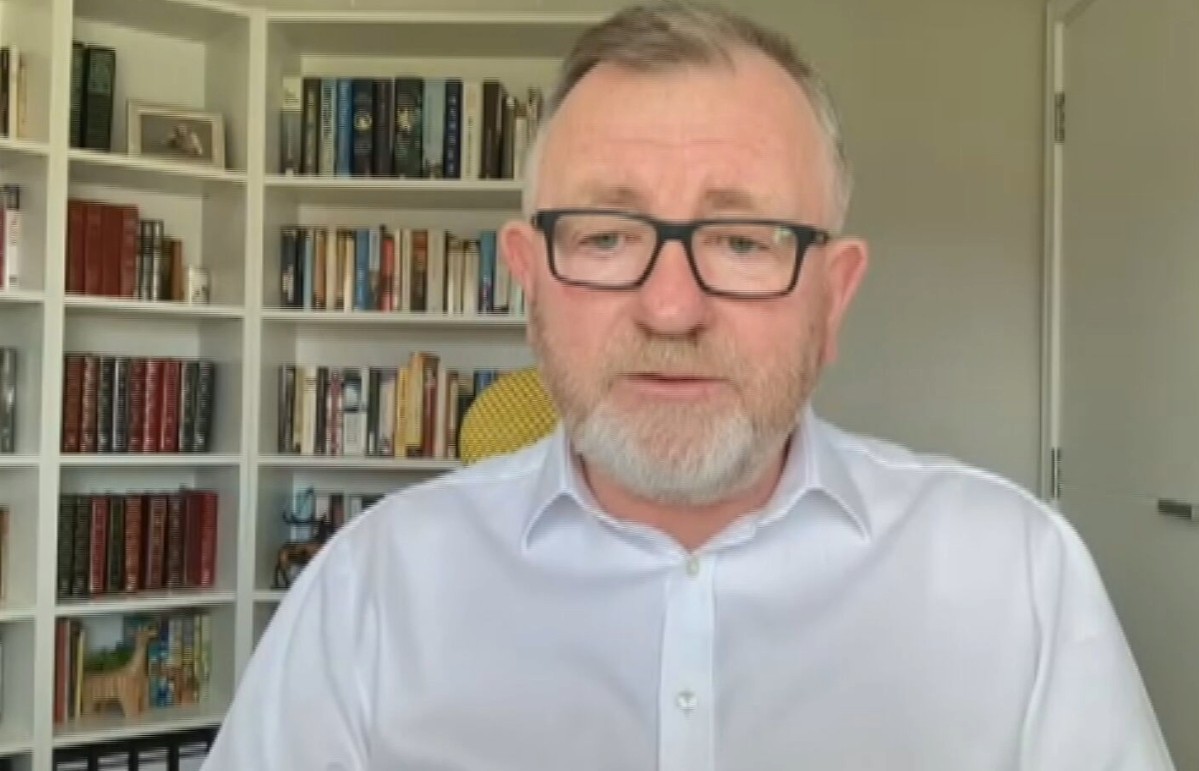 STV News
STV News“The mayor of Manchester is keen to voice that Glasgow should follow Manchester. The mayor of Manchester knows nothing about Glasgow.
“We’re going to fight it. Legally, obviously, through the courts. And that is the only recourse we have available to us. Thankfully there are safeguards within the legislation, and we will pursue those safeguards to the fullest extent.
“The case for franchising, or more control, is a false case.”
An SPT spokesperson said: “SPT is currently looking at options for the future of the regional bus network in the west of Scotland. This includes, but is not limited to, a franchising model. Our priority is developing a bus network that ensures bus is a viable, affordable and reliable form of transport to both bus users and non-bus users which adequately connects our communities.
“As we develop the strategy for the future, we will be consulting widely with a variety of stakeholders including local authorities, bus operators and, of course, the public before any final decision is made. We have been clear all along that any decision will of course need to consider a robust financial business case and funding strategy.”
Duncan Cameron, Managing Director for First Bus Scotland, said: “At First Bus, we’re passionate about getting more people to use the bus. We know that choosing to travel by bus, rather than relying on cars for every journey, is better for the environment. First Bus have invested over £60m in electric charging infrastructure and electric vehicles to ensure high quality vehicles are on the road offering sustainable travel throughout Glasgow.
“We have decades of expertise and knowledge in delivering transport solutions for our customers across the public transport sector. We work closely with Local Authorities across the UK in partnerships where we are the partner of choice and are delivering change for customers quickly and effectively. We have seen successes in Glasgow through partnerships creating multi-operator ticketing and the creation of the Glasgow Bus Alliance.
“In 2023, we saw fantastic passenger growth in Glasgow, with increases of over 20% on some routes. As we move through 2024, this rise in demand will be further supported with investment in more buses on the road, alongside further investment that benefits customers across the city.
“No matter the operating model, congestion remains the biggest factor impacting bus services in Glasgow. Since 2008, journey times on some routes have increased by up to 20%. Reducing journey times decreases the cost of operation and, in turn, decreases fares for the customer. It is therefore fundamental that all stakeholders maintain focus on addressing this issue as soon as possible and investing in greater bus priority measures.
“We look forward to hearing the upcoming outcome from SPT’s consultation.”
Follow STV News on WhatsApp
Scan the QR code on your mobile device for all the latest news from around the country


